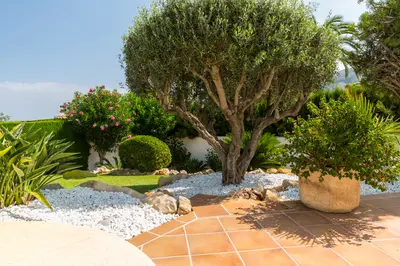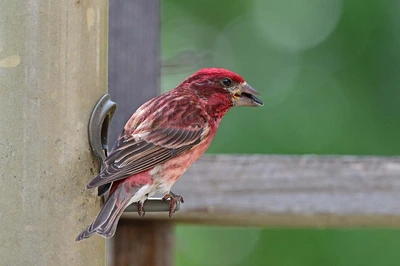How to prune hydrangeas
With their large flowerheads and striking foliage, hydrangeas are an excellent choice for shady borders, offering structure and stunning late summer hues. Proper pruning ensures hydrangeas bloom reliably year after year. Discover how to prune your hydrangeas with our straightforward guide.
Identifying Your Hydrangea
Hydrangeas come in diverse types, each with unique pruning needs. Before reaching for your pruning shears, it's crucial to identify your hydrangea. The simplest way is by their flower type. If uncertain, allow it to grow for a season before pruning.

Hydrangea Types
Most garden hydrangeas fall into these categories:
- Hydrangea macrophylla: Compact, bushy shrubs known as mophead or lacecap hydrangeas, characterized by their flowerheads. Mophead hydrangeas boast round flowerheads with small flowers, typically pink or blue based on soil pH (white varieties remain unchanged). Lacecap hydrangeas feature flat flowerheads with a ring of petals around tiny flowers' center.
- Hydrangea paniculata: A deciduous shrub with elongated, conical flowerheads on arching stems, with some varieties shifting colours as they mature.
- Hydrangea arborescens: A larger shrub displaying immense round flowerheads, often in white. Hydrangea 'Annabelle' is a well-known Hydrangea arborescens variety.
- Hydrangea quercifolia (oakleaf hydrangea): A medium-sized shrub with elongated conical flowerheads and bold lobed leaves turning red in autumn.
- Hydrangea anomala sp. petiolaris (climbing hydrangea): A self-clinging deciduous climber with lacecap flowers and autumnal yellow leaves.
How to Prune Hydrangeas

- Pruning Hydrangea macrophylla: Avoid deadheading mophead hydrangeas in autumn. Let dried flowerheads remain through winter for frost protection. In early spring, prune by cutting back last year's flowered stems to the first pair of strong buds below the old flowerhead. Trim one or two old stems to the base for new growth and more blooms. Lacecap hydrangeas can be deadheaded after flowering, cutting back to the second pair of leaves beneath the flowerhead. Trim one or two old stems in spring.
- Pruning Hydrangea paniculata and Hydrangea arborescens: Spring pruning involves cutting back last year's growth to healthy buds lower on the stems. Hard pruning around 25cm above ground yields a compact shrub, while pruning to approximately 60cm height produces a taller plant.
- Pruning Hydrangea quercifolia: Spring pruning eliminates deadwood and trims overlong stems.
- Pruning Hydrangea anomala sp. petiolaris: Post-flowering pruning trims overlong shoots. As most flowers emerge atop the plant, avoid excessive pruning in this area.
From flowering shrubs to vibrant perennials, our center offers plants for every garden. Visit your local Buckerfield's today to infuse your garden with autumnal colours!



